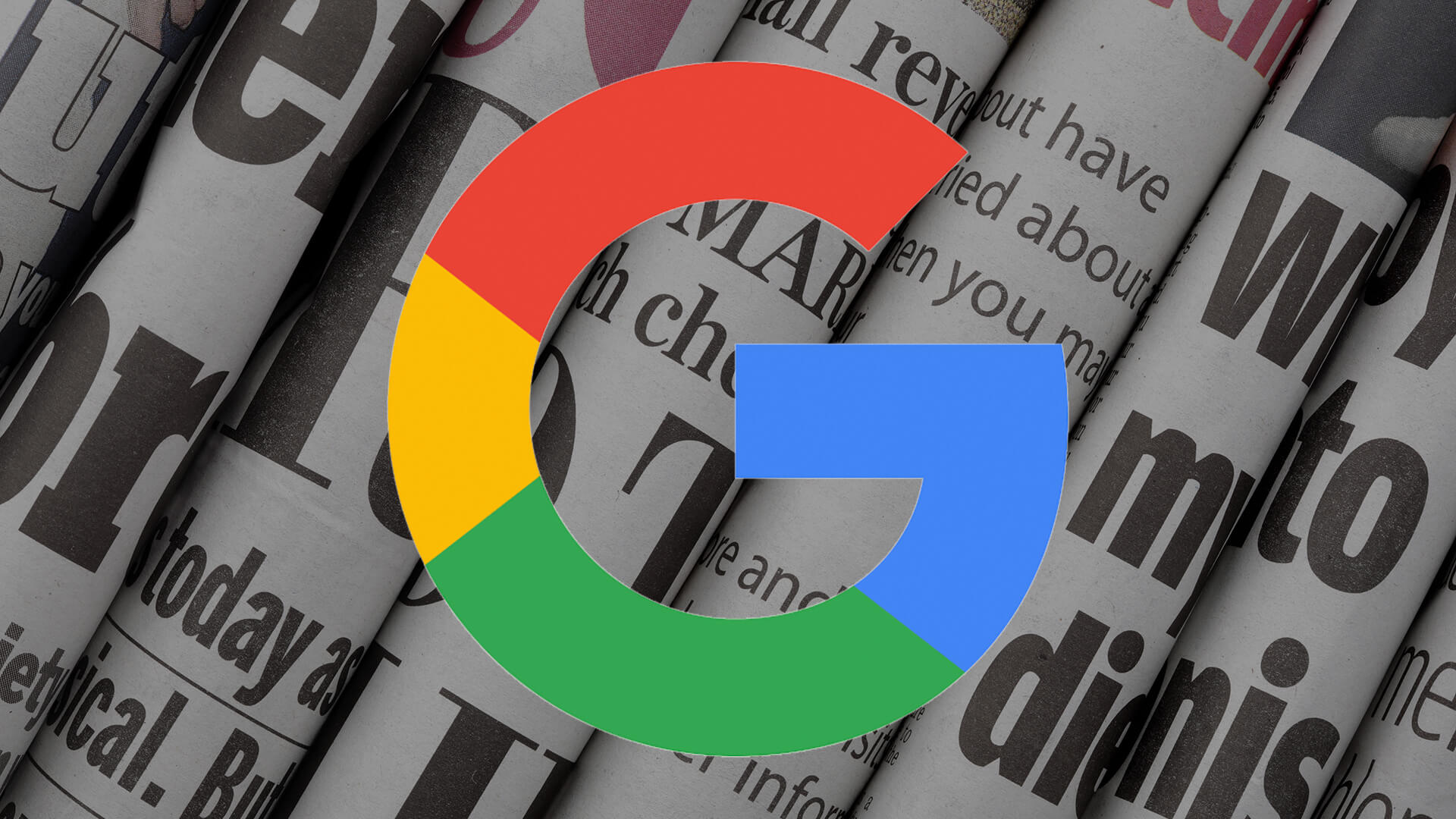Ask’s Michael Ferguson: Optimize For Content Rich SERPs
This week kicks off the first of our guest writers on Just Behave. This week, I’m pleased to welcome Michael Ferguson from Ask.com. Michael is senior user experience analyst for Ask.com, looking at how people seek, acquire, and act on information. He informs product development with user context and design recommendations. Michael has analyzed search […]

—Gord Hotchkiss
Search marketers will see more opportunities to grow business as the engines evolve beyond a box and ten blue links. With users exploring rich media and other content, capturing qualified clicks will require increased engagement—on the SERP and the landing page. In addition, in-line search suggestion tools will affect what SERPs people end up seeing. This more complex environment means increased talent and specialization for search marketers. As searchers are empowered to direct the engine and review more options, marketers should think about how optimization and buys might change, and the types of experiences that will attract and retain customers.
With the launches of Ask3D and Google Universal Search, SERPs are now displaying more content and direct access to rich media. In-line search suggestion tools are now live for all traffic on Ask and Yahoo. These innovations aren’t meant to make the sites look new—they improve the search experience.
We’re seeing encouraging data on Ask. On the user experience side, one of our focuses is ramping up the frequency of searches for those already using us. Since the launch of our new site design in early June, that metric has and continues to improve. Here are a few other indications that users like the richer experiences these pages offer:
- Large jumps in satisfaction, seen both in surveys and server analytics that gauge user success. The satisfaction numbers are even higher the more content that appears with the results: on top of the page and in the right rail.
- A bit lower click-through on sponsored and organic results per visit with the other choices on the page, but many more visits overall. Frequency and retention are up, which we expect to continue.
- A 27% drop in the percentage of users moving to the second results page. They are getting what they want more quickly.
- A 13% drop in search sessions with more than one search, when searchers use the search suggestions on the home page. These users are guided directly to what they want.
- For searchers using either the TypeAhead search suggestions or our Zoom Related Search, there’s been 28% drop in abandonment.
Why do they like these pages? Don’t searchers just want to type 1-2 keywords, review 3-4 links and get out? Usually this is true—just give me ranked high-quality choices quickly, let me choose one and get off the SERP—all in about 8 seconds. That behavior isn’t going away (and the richer displays can’t interfere with that), but it turns out there are other needs the results page can meet.
We’ve dug deep to get at the emotional needs users bring to search. Searcher goals can of course be categorized as navigational, transactional, or information-gathering—but those don’t say much about the fuller range of the human experience in play.
Broadly, search can be an experience to have, or it can be a means to an end. A solid search engine will deliver a focused feeling: being in control and reassured when trusted results speed you to your goals. On the other hand, searches can also be about exploration and enjoying being energized and feeling successful. Relevance and speed remain must-haves, but when exploring a topic searchers can feel playful, excited, and passionate—as well as accomplished and in charge.
In this mode, searchers are willing to take in more, learn, and add to their search. Linear content such as audio and video enhance the experience; visuals can be useful, not a distraction. Meaningful titles and descriptions provide entree to interesting information and actions.
This is good news for search marketers. The basics of optimization and the keyword strategies that have fueled the industry will evolve with these next generation pages. As the SERPs become more sophisticated, the scope of talent falling under search marketing will increase—you may find yourself thinking more about communicating with audio and video shows customized for SERPs, or developing unique content that engines can draw into their results mix and offer users as they explore. Meta data will become even more powerful as audio and video proliferate. Learning what works for your goals will take some experimentation, but search marketing has thrived on creative iteration.
I expect we’ll see the first moves in marketing on these richer pages with big-ticket items such as autos and travel packages. Products and services in these categories can leverage video and photography already paid for, and have a history of producing content. A guide to sights in Barcelona, a panning tour of a car interior—content’s available now. Entertainment and consumer electronics producers should also fit in well. Exclusive audio and video tracks, 30-second shopping guides might be offered.
On your site, a focus on user experience will only help. Not just great content, but easy check-out, intuitive navigation, quick access to help and contact information and lots more that tells people “I can trust this place and I like the people who run it” can contribute to conversions and word-of-mouth.
Over time, the large online ad networks may think about including pictures, audio, or video with ads—most likely with contextual advertising. Think about how to get the experience of your site (from personality to pricing) across with the unique advantages sound and images can provide.
If you’re not marketing a brand or looking for traffic, it may seem a ways away until you need to think about marketing on rich SERPs or content pages. But smaller retail sites and local businesses should pay attention to what’s happening. At some point you (or a competitor!) will think of a way to optimize content to engage users for your keywords and take mind share. This could be especially powerful in categories where brand and user experience previously hadn’t been as important as price and availability. If they have a great experience, you’ve acquired a customer who will come directly to you (and maybe not even need to arrive through search!)
Down the road, more types of ad products unique to the SERP and user context will evolve. Networks could show more video in places and at times that work in getting clicks and conversions, and more text ads in others, for the same keywords. Or the mix may change at different stages in a search session, by product category, seasonally, based on physical location and device, or search vertical.
With off-line advertising looking for new models (appearing in video games, commercials blended with films, or a fancy Second Life pavilion), we can expect to see creative ways of engaging searchers as they navigate, transact, and explore.
In the 12 years I’ve worked in search, there’s never been a more exciting time for the search engines and the search marketers. There’s still so much to learn, and so many more ways to get people to what they want.
Michael Ferguson is senior user experience analyst for Ask.com. The Just Behave column appears Fridays at Search Engine Land.
Contributing authors are invited to create content for Search Engine Land and are chosen for their expertise and contribution to the search community. Our contributors work under the oversight of the editorial staff and contributions are checked for quality and relevance to our readers. Search Engine Land is owned by Semrush. Contributor was not asked to make any direct or indirect mentions of Semrush. The opinions they express are their own.


